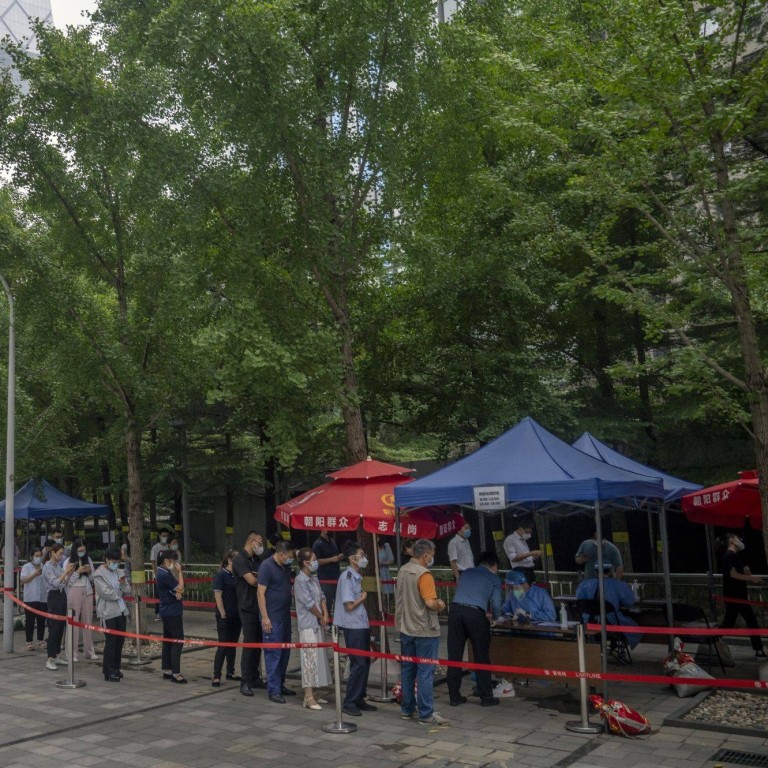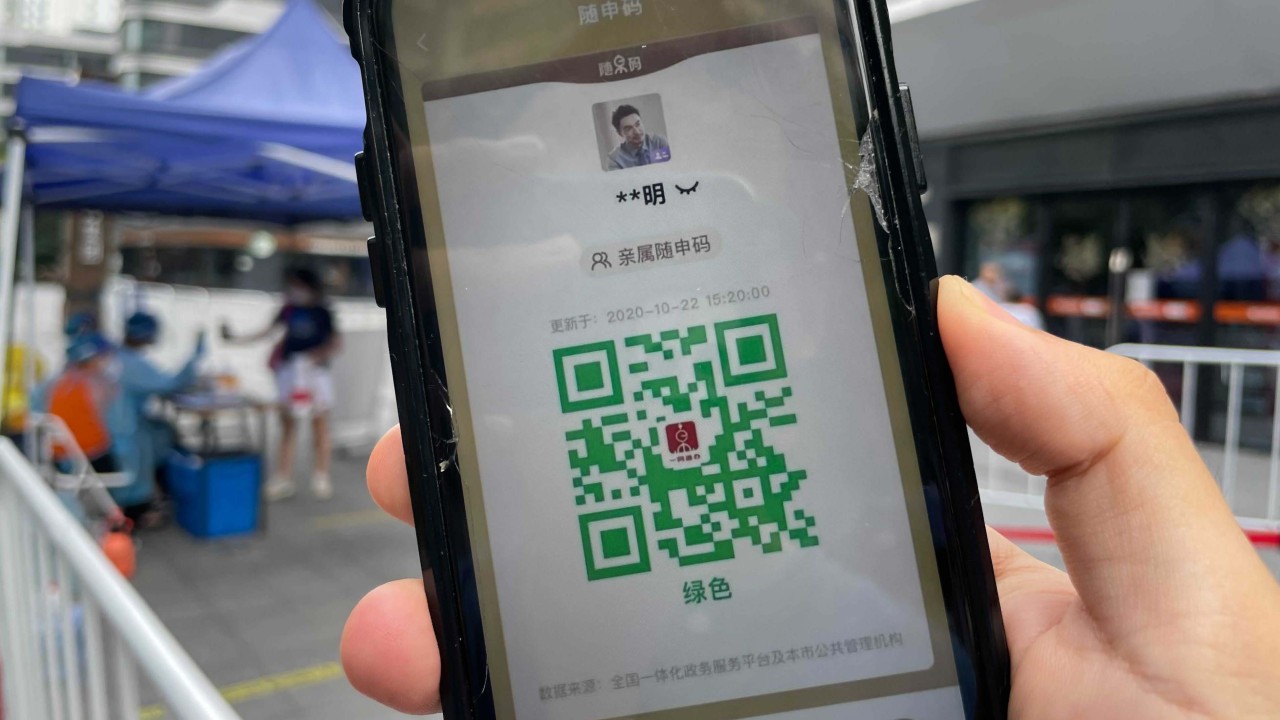
Letters | China sticking with ‘dynamic zero-Covid’ strategy because it’s best for the country
- Readers discuss China’s choice to stick with its ‘zero-Covid’ strategy, quarantine rules in Hong Kong and Novak Djokovic’s obligations as a role model
My heart goes out to those people who have been inconvenienced by China’s “dynamic zero-Covid” strategy.
However, China cannot afford to ignore the scientific protocol for the control of infectious diseases considering the expenses on healthcare for a population of 1.4 billion people and the huge financial losses it would incur if Covid-19 is allowed to spread freely.
Covid-19 is a new virus that will take time to analyse if we hope to contain or possibly eradicate it. Immunisation, isolating the infected, quarantining close contacts, wearing masks in public places, observing personal hygiene at all times and keeping a safe distance between people are the fundamental rules for controlling infections.
Granted, untrained officials who do not have the will or the ability to follow orders to oversee the preventive process properly can cause resentment among the public.
Sadly, Western countries, driven by a powerful moneymaking engine and the political government, adopted the strategy of living with the virus at too early a stage. Under this strategy, the virus can easily have a large number of hosts for it to keep mutating from one variant to another, causing high numbers of deaths and infections.
With most parts of the world bogged down by the virus and China seemingly the only major country trying to eradicate Covid-19, the aim of global eradication looks unachievable. However, there is a chance China will ease off its zero-Covid strategy when its immunisation rate is near 100 per cent and the virus eventually mutates to a mild variant like that of the seasonal flu.
Chan Lau Charm Ming, North Point
Quarantine makes sense only in a Covid-free society
Can someone please explain? Are we not incarcerating healthy, Covid-negative people in a hotel and letting other people with the disease stay at home?
Common sense says that institutional or hotel quarantine should be done in a community which is relatively free of the disease. There is no sense in this endless debate whether hotel quarantine should be reduced to five days or four or three. It should be entirely scrapped. Instead, the government should focus on vaccination and treatment.
Sutinder Bindra, Discovery Bay
Djokovic’s actions fall short as role model
In today’s world, the line that distinguishes between a role model and an idol has been heavily blurred. The former refers to an individual whose actions and behaviour are emulated by others. The latter is adored blindly and unconditionally.
I have idolised him since my younger years, but knowing this I admit I no longer wish to do so. He should not be above the law, and the authorities were right to bar him from setting foot on Australian soil. Regardless of bagging major titles, he should not treat someone’s life as a sport and, above all, not act out of ego.
I am in no position to lecture others if they perceive their idols as godlike figures. However, idolising can be a harmful obsession as millions of fans follow their idols on and off the pitch. Their good and bad traits are being picked on. Hence, the least our idols can do is project an image that we can all look up to and relate to as role models.
Abas Khan, Mong Kok


